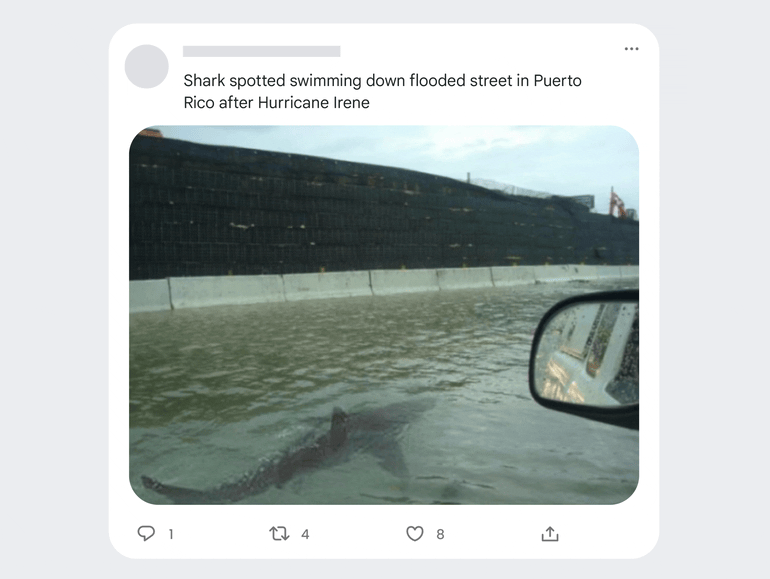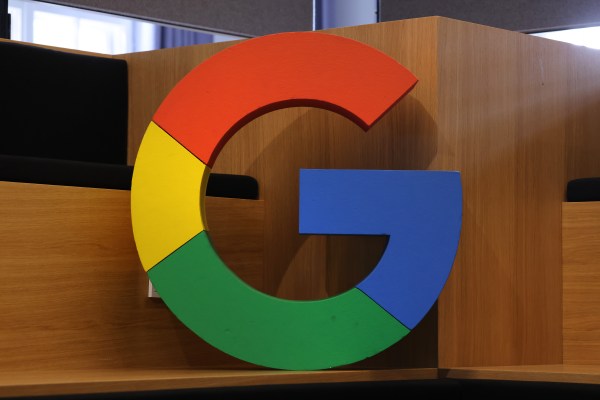The use of context images and videos on social media has led to dangerous misinformation distribution. Google is announcing it will provide more contextual information about an image to prevent false information from spreading.
The new set of tools includes viewing an image’s history, metadata and the context users used it with on different sites. Google announced these “About this image” features earlier this year, and now it is making it available to all English language speakers globally.
Users can understand when the image was first “seen” by Google Search to understand the recency of a context. The tool also lets users understand how people described the image on other sites to help debunk any false claims.
Image Credits: Google
Google said that when available users can also see metadata, including fields to indicate if it is an AI-generated image. The company said that it marks all images created by Google AI. In October, Adobe, along with companies like Microsoft, Nikon and Leica, released a symbol to clearly mark AI-generated images.
The new image tools are available by clicking the three-dot menu on Google Images results. You can also access it by clicking on the “more about this page” option on the “About this result” tool accessible through the three-dot menu. Google noted that it is exploring more ways to access them.

Image Credits: Google
Google also announced today that approved journalists and fact-checkers will be able to upload or copy URLs of images to learn more about them within their own tools with FaceCheck Claim Search API. In June, the company started testing features with the Fact Check Explorer tool. This gives fact-checkers the ability to explore fact-checks, references and other details associated with a particular image.
What’s more, the company is experimenting with generative AI to help with the description of sources such as a page of an unfamiliar seller or an unknown blog. Google said that users who have opted-in to use Search Generative experience (SGE) will show AI-generated information about sites in the “more about this page section.” It added the generated information will include citations of the page or site on other “high quality” websites. Typically, Google’s AI will populate information when there are no details or overview from Wikipedia or the Google Knowledge Graph.
Given the rise in tech that has made it easy for users to create different images using generative AI, companies are working on tech to give more information about images. In June, Adobe released an open sourced toolkit to help apps and websites to verify image credentials. Separately, X has launched Community Notes, for its crowdsourced fact-checking program, for images and videos.
